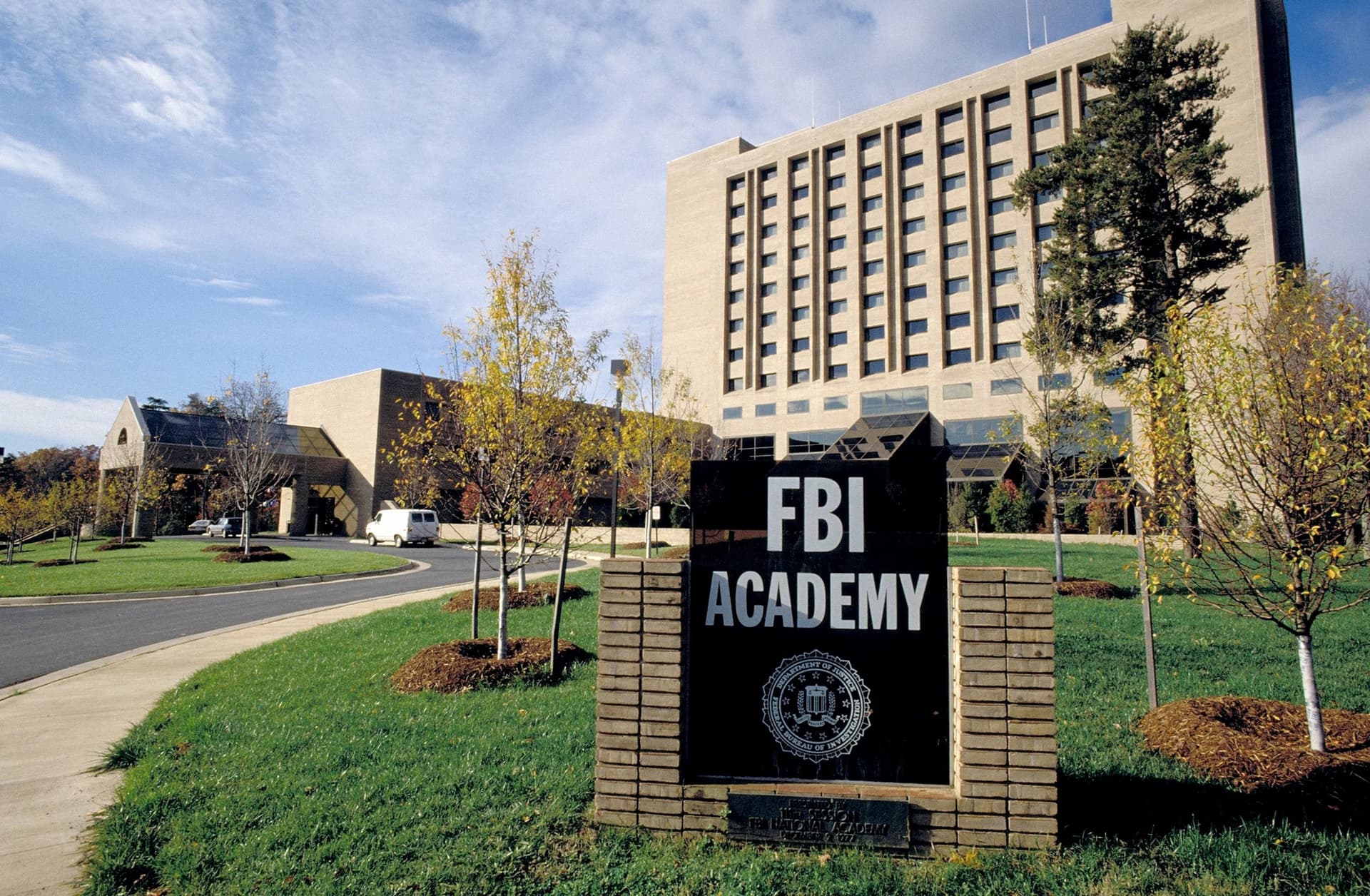
Restaurant Industry Pushes for Immigration Reform Citing ‘Chaos’ From Trump Enforcement Drive
By LUKE FUNK
|This article is from the archive of The New York Sun before the launch of its new website in 2022. The Sun has neither altered nor updated such articles but will seek to correct any errors, mis-categorizations or other problems introduced during transfer.

Already have a subscription? Sign in to continue reading
$0.01/day for 60 days
Cancel anytime
By continuing you agree to our Privacy Policy and Terms of Service.

By LUKE FUNK
|
By A.R. HOFFMAN
|
By ROSARIO IACONIS
|
By STEPHANIE CAMPBELL
|
By DANIEL EDWARD ROSEN
|
By LAWRENCE KUDLOW
|
By NOVI ZHUKOVSKY
|
By THE NEW YORK SUN
|